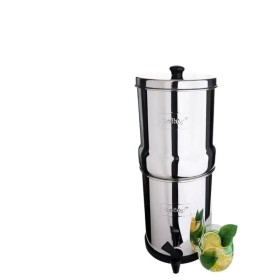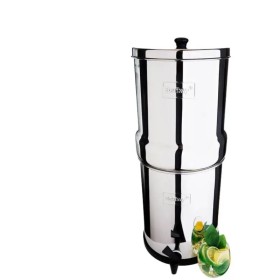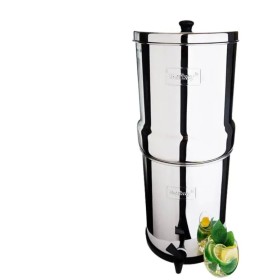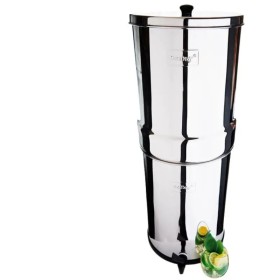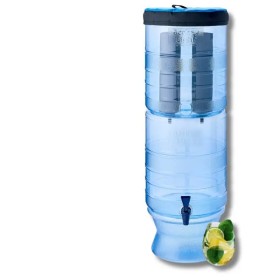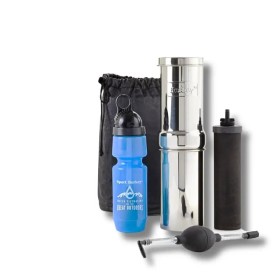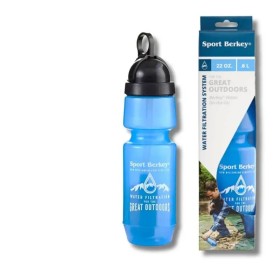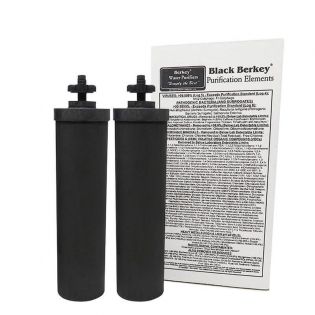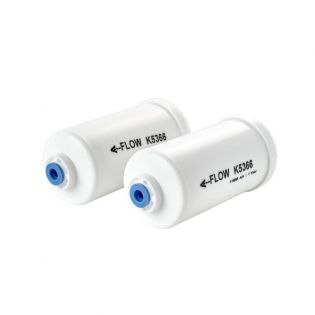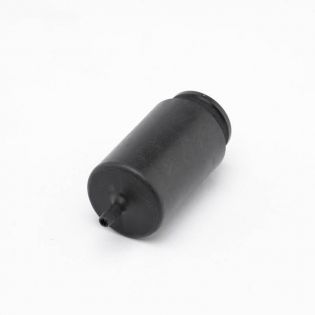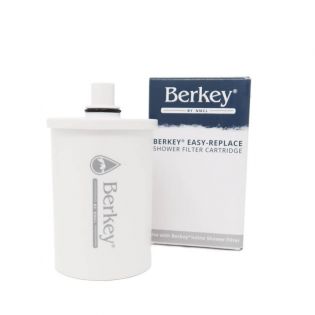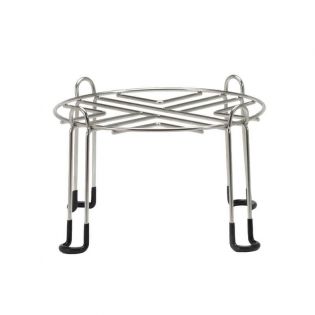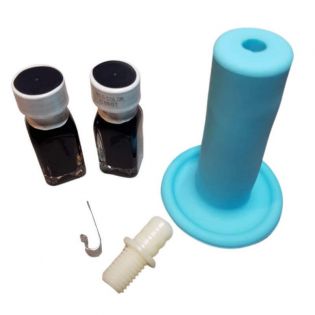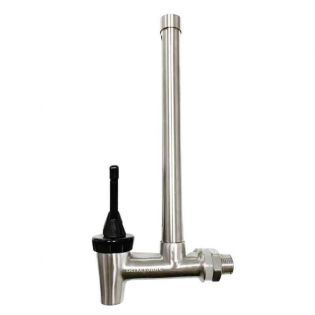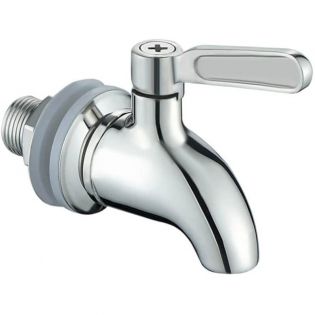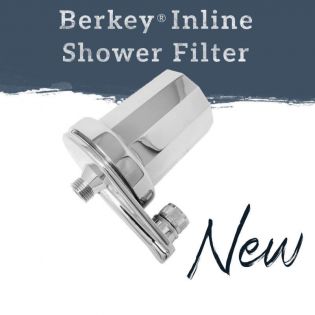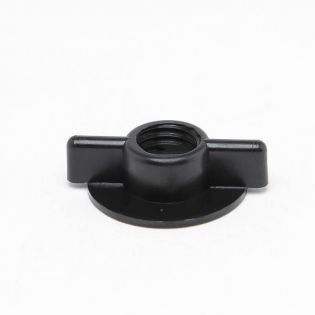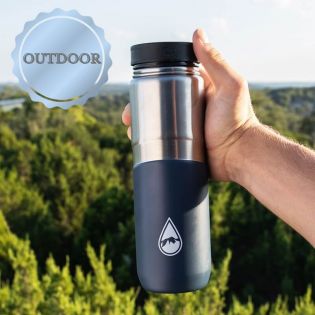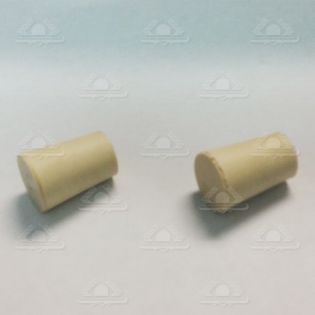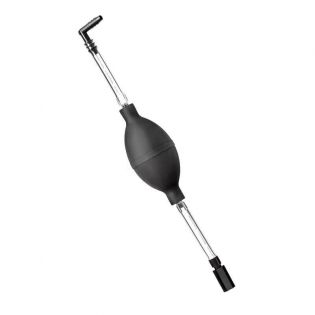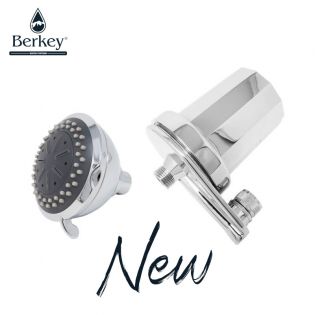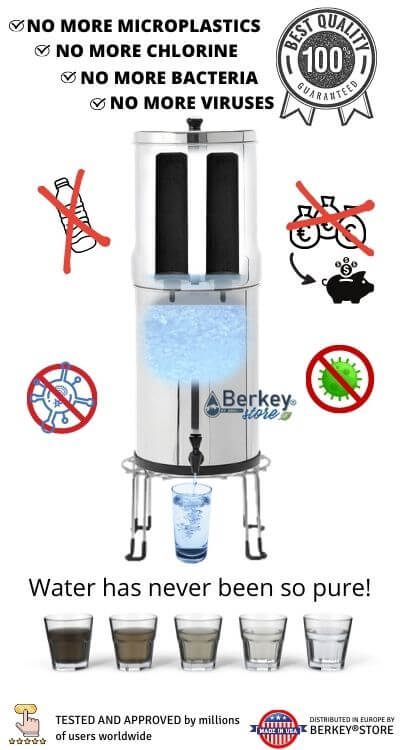
Are you looking for a drinking water filtration system to filter your tap water and are thinking of buying an osmosis system? Read on before you decide!
What is reverse osmosis?
Reverse osmosis is a filtration technique in which water is forced through a semi-permeable membrane by means of a high-pressure electric pump. This very thin membrane removes chemicals and bacteria from the water. The problem is that this forced filtration will also remove all the minerals in the water that are beneficial to health, such as potassium, calcium, iron, manganese and cobalt. Daily consumption of reverse osmosis water can therefore lead to a significant vitamin and mineral deficiency. Moreover, a study published by the WHO (World Health Organisation) stipulates that the use of osmosis water for cooking food leads (by osmosis) to a significant loss of all the essential elements contained in meat and vegetables. And this loss can reach more than 60% for magnesium and calcium, and even more for other minerals.
Unlike a reverse osmosis system, Berkey® systems require no installation, no electrical connection, no connection to the water supply. They are self-contained, have a capacity to remove bacteria, viruses, drug residues and a long list of pollutants from water, all of which are detailed on this page. Low maintenance, a capacity of up to 23 m³ (up to 10 years without changing the filters), no water discharge, they have only advantages.
Osmosis units are commonly proposed in various forms or setups as the ultimate filtration solution and this may seem relevant, BUT:
cost: changing cartridges is expensive and must be done regularly. Compared to the Berkey® water purifier, an osmosis system is much more expensive. A simple calculation of the cost price per litre filtered will convince you. A litre of osmosis water is expensive.
WATER QUALITY: osmosis water has lost all its mineral salts and should not be consumed every day, otherwise you will quickly become deficient. Also, when you cook your food with this water, it will lose a significant amount of minerals to the water. It is not recommended for daily consumption.
AUTONOMY: the osmosis plant requires electricity and access to mains water to operate. What happens in the event of a power cut or an emergency situation? You no longer have access to water... and you lose all autonomy!
WATER REJECTION: the osmosis technique, which consists of pushing water through a membrane, results in significant water rejection, which can be as much as 80%. On average, an osmosis machine rejects 1 to 2 times more water than it produces. This generates a waste of water that makes it an environmentally unfriendly system.
A Berkey® purifier
It is as effective as osmosis in terms of filtration: Black Berkey® filters have a filtration fineness of 22 to 24 nanometers. They remove viruses, bacteria, chemical pollutants, heavy metals, etc. (see analysis). It acts as a purifier, and can make well water, rainwater, etc. drinkable.
>> Versatility and power in all conditions!
It is completely autonomous: iworks without electricity and without a water supply and can provide, in 45 minutes on average, from 5.6 litres to more than 22 litres (depending on the model). Fill, filter, drink!
>> Drinking water even in emergency situations and wherever you are!
This is the most economical and durable system: 22,700 litres filtered per pair of Black Berkey® filters, ensuring longevity and the lowest running costs on the market.
>> Lasts up to 10 years - Less than 1 cent per litre of water filtered!
The World Leader in Gravity Water Filtration - For decades, Berkey® has been using its experience and expertise to make water purer, cheaper...

